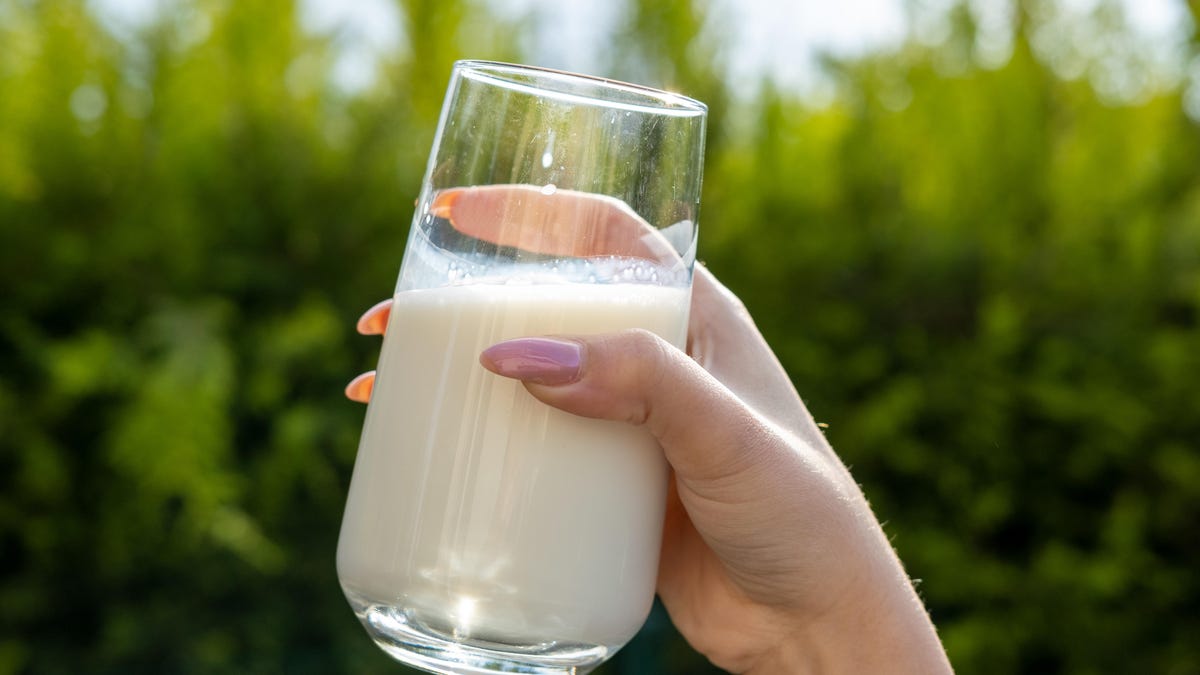New findings from the US Food and Drug Administration have sparked concerns about the spread of the bird flu virus in dairy cows and its potential presence in pasteurized milk samples. Approximately one in five pasteurized milk samples tested positive for fragments of the H5N1 virus, which causes bird flu. This discovery is particularly alarming as evidence of the virus had previously only been reported in unpasteurized products.
Fortunately, additional testing revealed that the virus in the milk samples was not active or infectious, thanks to the pasteurization process. Pasteurization, a heating process developed by Louis Pasteur in the 1860s, is designed to eliminate harmful bacteria and pathogens in dairy products, including the bird flu virus. Health officials have reiterated that there is no risk associated with consuming pasteurized milk from commercial sources.
However, the presence of the virus in pasteurized milk suggests that the disease may be spreading asymptomatically in cows and more extensively than previously thought. Some experts have criticized the lack of transparency and urgency in sharing data related to the milk samples, raising concerns about the response to bird flu in farm animals.
While the current public health risk to humans remains low, there are still uncertainties surrounding the transmission of bird flu through unpasteurized or raw milk. The FDA advises against consuming raw milk due to the potential dangers of pathogens, especially for vulnerable populations such as children, older adults, pregnant individuals, and those with weakened immune systems.
Despite the growing popularity of raw milk among consumers seeking natural or holistic alternatives, health officials stress the importance of pasteurization in ensuring the safety of dairy products. While raw milk enthusiasts may argue for its taste and texture benefits, scientific research has debunked many claims about its nutritional superiority.
In conclusion, the recent findings underscore the importance of pasteurization in preventing the spread of harmful pathogens in dairy products. Consumers are urged to prioritize safety and choose pasteurized milk to reduce the risks associated with raw or unpasteurized options.

